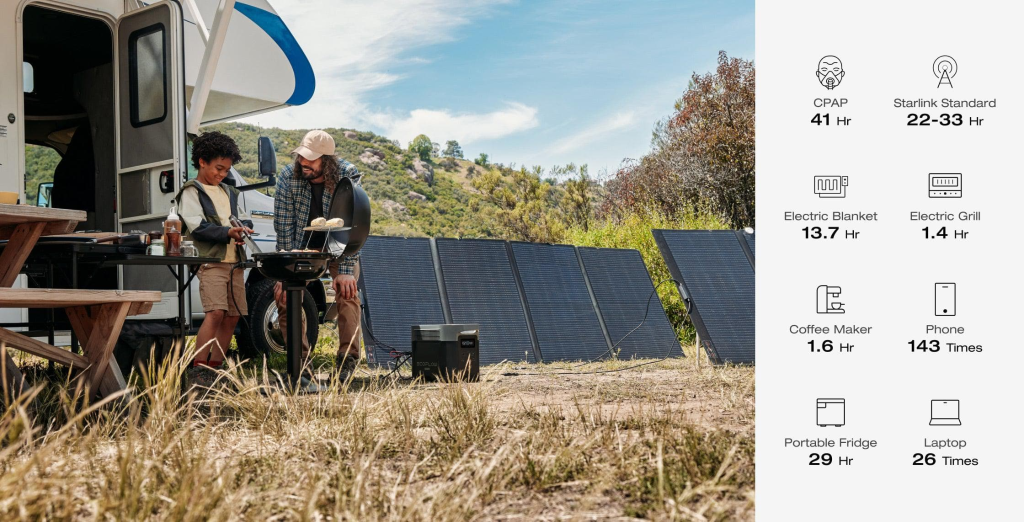The way people shop has changed more dramatically in the last twenty years than in any other period in modern history. Once dominated by physical stores, long lines, and seasonal catalogs, consumer culture has shifted toward online platforms that are fast, diverse, and available around the clock. This digital transformation has reshaped not only the buying process but also the expectations consumers place on brands.
People now expect seamless experiences, transparency in product sourcing, and the ability to personalize nearly every aspect of their shopping journey. This shift has been accelerated by the rise of mobile devices, which have turned shopping into an activity that can be done anywhere and anytime.
Retail as a Lifestyle Choice
As a result of technological advancements and digital access, retail has become an extension of lifestyle, influenced by social media trends, peer recommendations, and global conversations about ethics and sustainability. Shopping is no longer just about fulfilling needs—it is about expressing identity, exploring new experiences, and integrating personal values into everyday choices.
The Role of Technology in Modern Retail
Technology has been the driving force behind these changes, revolutionizing both consumer and retailer experiences. Artificial intelligence and machine learning are now embedded into platforms to recommend products, predict trends, and streamline customer service. Data-driven insights allow companies to understand what buyers want before they even articulate it.
Advanced logistics networks ensure delivery speeds that would have been unimaginable a generation ago. Virtual try-ons, augmented reality previews, and customer review systems enhance trust and convenience, bridging the gap between physical and digital commerce.
Emerging Challenges in the Digital Marketplace
However, this evolution also brings new challenges. Issues such as the need for stronger privacy protections and ethical data use have come to the forefront. Simultaneously, technology has intensified global competition, enabling small businesses to compete with multinational corporations using digital tools.
While consumers benefit from broader choices, they also face a more crowded and complex marketplace, making it harder to assess true value. Brands that thrive in this environment are those that use technology not only for efficiency but also to build authentic relationships based on clarity, transparency, and accountability.
The Rise of Smart Shopping Culture
Affordability continues to play a crucial role in shaping consumer behavior, with people striving to balance quality and cost. The culture of smart shopping has grown rapidly, as consumers incorporate savings strategies into their purchasing decisions without compromising on style, performance, or experience.
Digital coupon platforms have become essential tools in this ecosystem. For instance, many online shoppers turn to couponasion.com to find discounts across various categories. This behavior reflects more than just a desire to save money—it represents empowerment and intentional decision-making.
Coupons as Tools for Connection and Empowerment
Modern consumers take pride in finding deals that let them live well while spending wisely. Promotions act as gateways to new experiences that may otherwise be out of reach, encouraging experimentation and fostering brand loyalty.
For businesses, offering coupons has evolved from a marketing tactic into a core trust-building strategy. By providing deals and promotions, companies ensure that affordability and access remain central to consumer engagement, making their products and services feel inclusive and attainable.
The Future of Ethical and Inclusive Shopping
Looking ahead, the evolution of shopping will increasingly blend innovation with responsibility. Sustainability is set to become one of the most defining consumer expectations, with growing demand for eco-friendly materials, ethical labor practices, and reduced environmental footprints.
Inclusivity will remain a priority, as consumers seek representation and accessibility across everything from clothing sizes to user-friendly digital interfaces. Meanwhile, technology will continue to push the boundaries—AI will become even more predictive, virtual reality will offer immersive browsing experiences, and blockchain will provide unprecedented transparency in supply chains.
Endnote
Despite all the technological and cultural shifts, the foundation of consumer behavior remains rooted in timeless principles: value, trust, and authenticity. Smart shopping is not merely about finding the lowest price—it is about aligning purchases with one’s identity and values.
Whether through sustainability, inclusive practices, or savings platforms like couponasion.com, the future of commerce lies in its ability to enrich lives while respecting both people and the planet. In this evolving landscape, platforms that bridge affordability with aspiration will be indispensable, helping consumers continue to explore, express, and grow—without financial compromise.




















